Emergence of WTO and the series of deliberations under Uruguay round have changed the world economic order. Indian Government has shelved the earlier protectionist policies and opened up the economy to the world market. Undoubtedly, this has helped the Indian economy to recoup its strength with the flow of international capital and technology resulting in a robust economic position. The economy is moving steadily with more than 6 per cent DGP growth rate for the last two decades or so. However, the new economic order has posed severe challenges to the agricultural and rural sectors of the economy. The biased attitude of the Government towards service and industrial sectors has relegated agriculture to the backdrop. Agricultural operations have become highly cost-prone. Commercialization and capitalization of agriculture has increased the debt burden of the small and marginal farmers who have meager access to institutional credit. The process of globalisation has adversely affected the rural artisans too. Lack of demand for the traditional rural industries, flow of foreign goods, high-tech production processes have resulted in large-scale unemployment. The present book attempts to highlight the challenges posed by globalisation to the agriculture sector and rural development efforts and the consequent impact on rural poverty, food security and employment situation. Macro and micro level observations on the above issues dealt with in this book will give valuable insight into current issues and problems related to rural economy of India.
Problems and Prospects of Tribal Development in India
This compendium of 57 papers ...
$97.20
$108.00

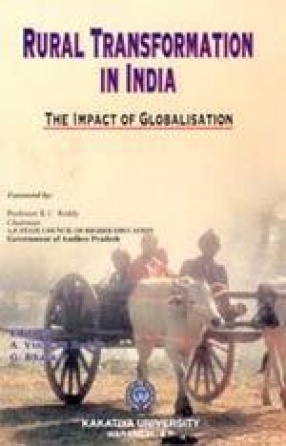
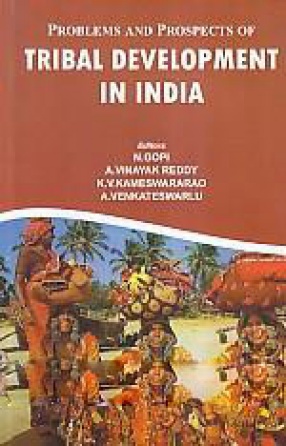
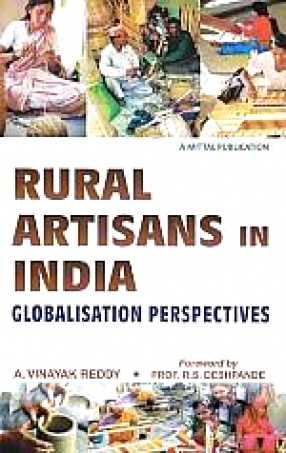
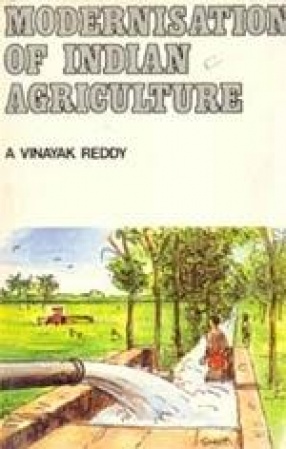

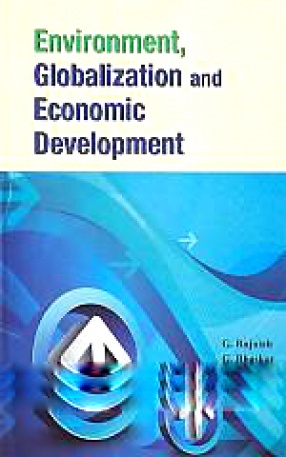
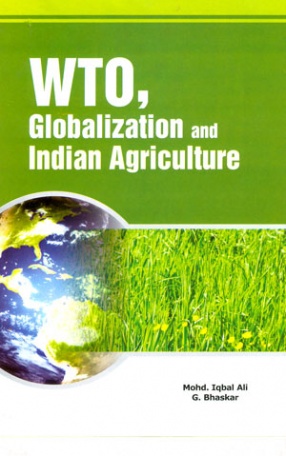
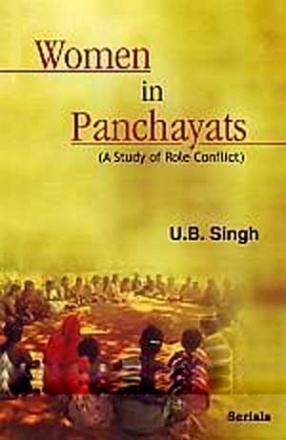

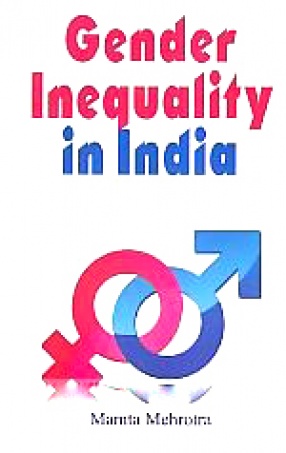
There are no reviews yet.